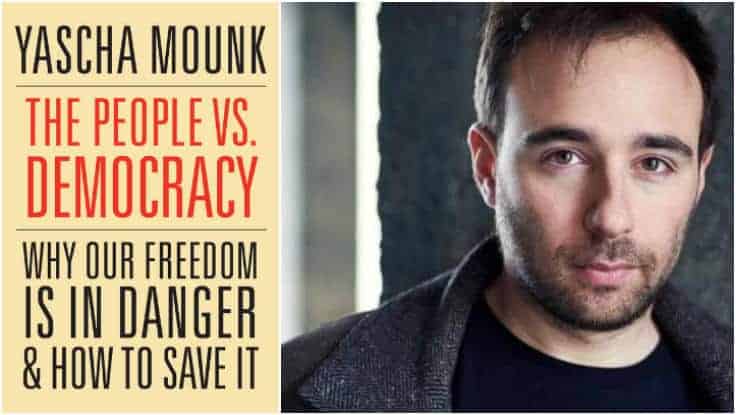It’s only been out for a week, but already The Guardian, The New Yorker, Kirkus, and more are lauding Yascha Mounk’s The People vs. Democracy—an incisive analysis on why and how liberal democracy has broken, and what can be done to fix it— as one of the most important reads of the year.
And even better than positive reviews, it’s got people talking. Mounk’s interviews in Vice, New America, and The Atlantic demonstrate his ability to stir meaningful, optimistic dialogue about the state of government today: “One thing that I think we should learn is that we mustn’t cede ground, we mustn’t make some topics taboo in such a way that only the right gets to talk about it … I think of nationalism as a half-domesticated animal. I think what we need to do is try and domesticate it.”

